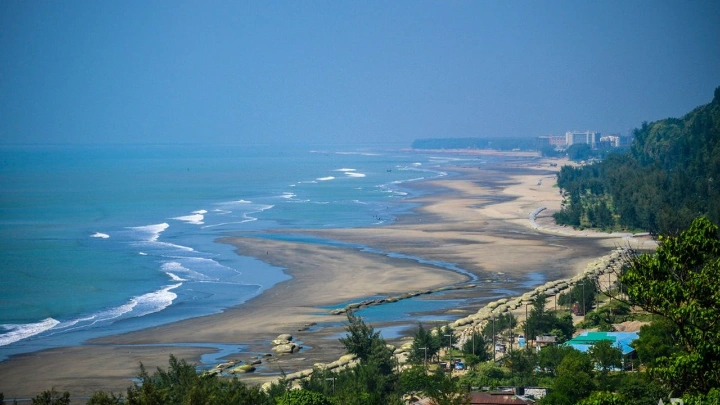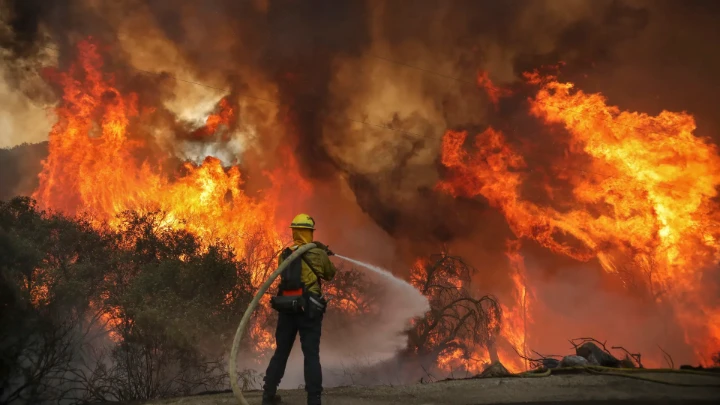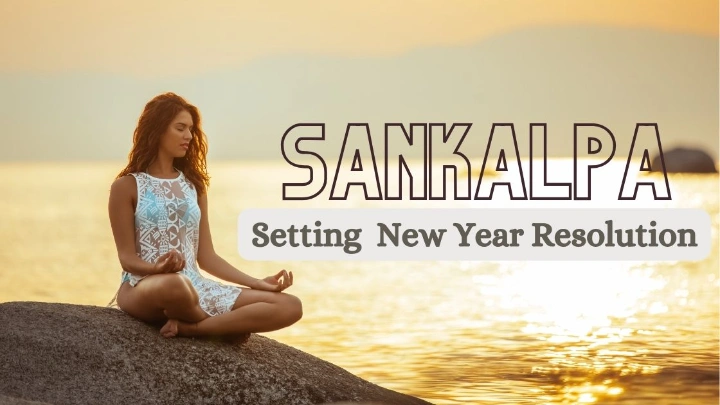Amidst the allure of this coastal gem, safety becomes a special issue during peak seasons like Eid, when this popular tourist destination usually swells with crowds.
Seaside adventure: Safety tips for Cox's Bazar travellers
DailyStar || Shining BD
Cox's Bazar — the world's longest natural beach — can easily mesmerise travellers with its seemingly endless expanse of glittering sand and the rhythmic crash of waves carrying the whisper of an eternal melody. Yet, amidst the allure of this coastal gem, safety becomes a special issue during peak seasons like Eid, when this popular tourist destination usually swells with crowds.
Drawing on the expertise of Sifat Saidullah, a seasoned lifeguard, trainer, and supervisor at the Seasafe project, a collaborative effort between the Centre for Injury Prevention and Research, Bangladesh (CIPRB), the Royal National Lifeboat Institution (RNLI), and the Princess Charlene of Monaco Foundation, this guide will equip you with the most crucial tips to ensure an unforgettable and safe beach experience at Cox's Bazar.
Our first order of business, as Sifat Saidullah points out, is to address the common misconception that any spot along this vast, open beach is suitable for swimming. While venturing in for a dip anywhere might seem adventurous, it can be quite dangerous too. "A more responsible behaviour," Saidullah emphasises, "would be remaining in places under lifeguard supervision."
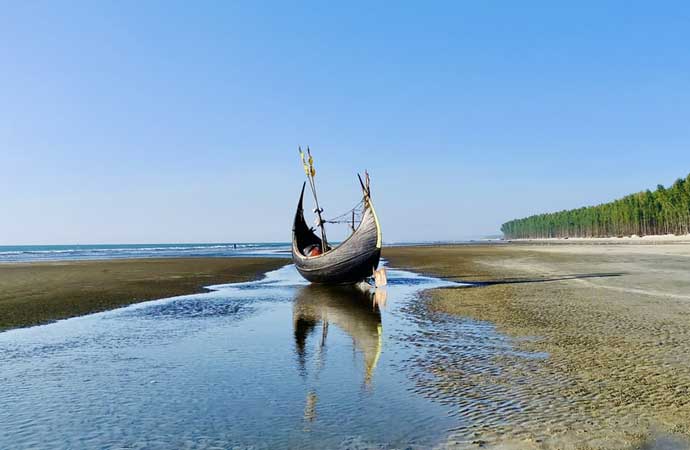
Identifying these safe zones is easy, he assures us, "Look for outposts flying Red and Yellow flags." Remember, these designated areas are there for a reason – if an emergency arises, help from a trained lifeguard will be readily available here.
Our expert lifeguard warns us next about the most prevalent danger at Cox's Bazar's sandy shores – rip currents. "These," he explains, "are narrow channels of fast-moving water that carve through the sand and surge away from the beach, potentially sweeping you out to deeper depths." While authorities often emphasise the risks of low tide, Sifat Saidullah assures us, "This most common beach hazard can occur at any tide."
Identifying such currents can be tricky for tourists, as signs like breaks in the wave pattern or discoloured water might go easily unnoticed. "The best thing to do," Saidullah advises, "is to stay in waist-high water where you can comfortably stand."
However, if a rip current does snag you, remember – panic is your worst enemy. Your priority should be to signal for help. Don't be afraid, rip currents will not pull you under but rather carry you away far from shore. Stay calm, conserve your energy, and resist the urge to fight the current head-on. Instead, swimming parallel to the shoreline is recommended until you are free of its grasp.
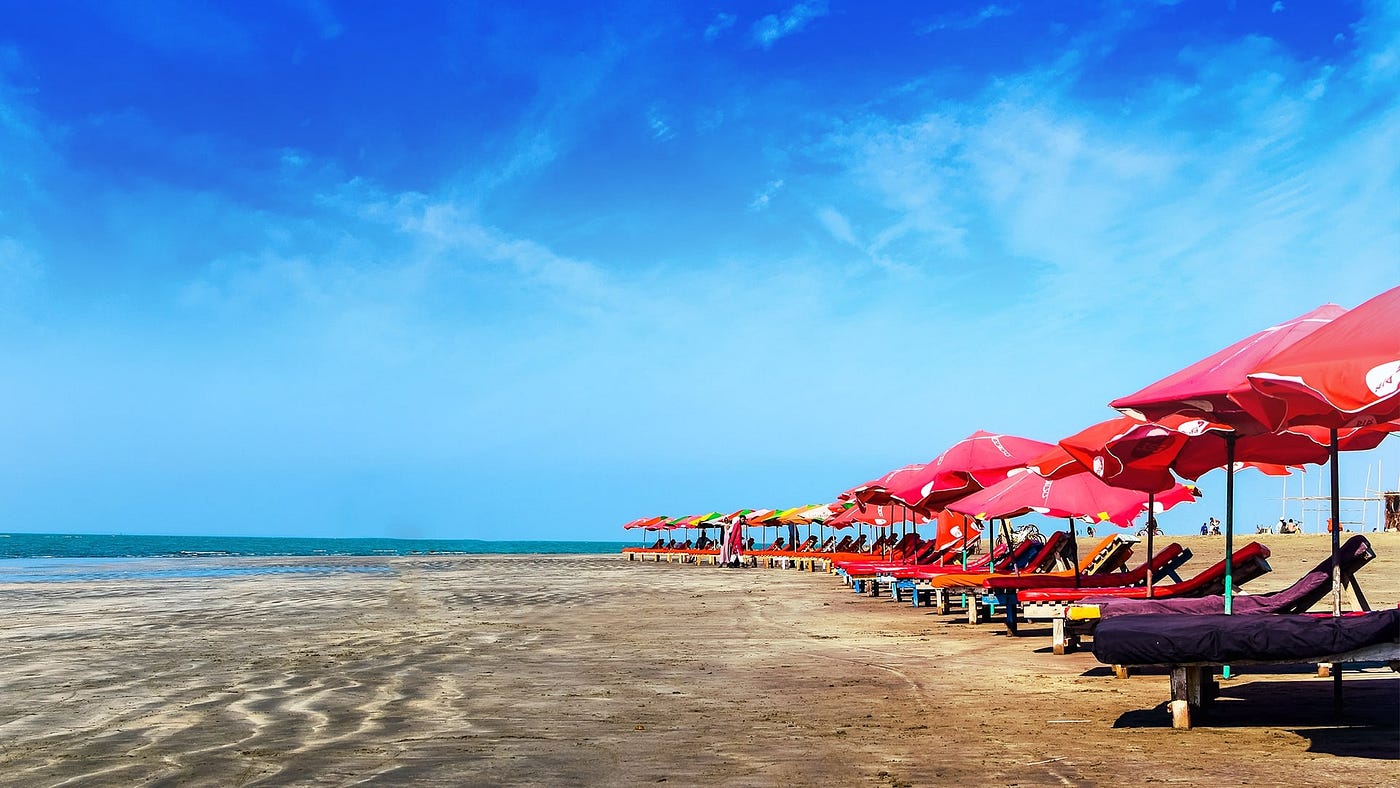
Inflatable tubes are readily available for rent along the shore; however, as our expert cautions, "They are not entirely safe." Fun they may be, but they are no substitute for an actual boat. "Don't venture far out to sea with those tubes," Saidullah warns, "They can tip over easily, leaving you helpless in deep water." Strong currents pose the most significant threat to the tubes, making these inflatables best suited for relatively calm and shallow areas.
Our watchful lifeguard also sheds light on another concerning issue: couples with children. As he explains further. "It's not uncommon for parents to leave their children unattended on the shore while they enjoy a swim." At Cox's Bazar, with its vast expanse and bustling crowds, this can be a recipe for disaster. Children, naturally curious and playful, may easily get lost or wander into danger.
Sifat Saidullah also advises against venturing into the sea with a child in your arms. "The returning tide," he insists, "can be a powerful force, potentially pulling your child from your grasp and leading to a terrifying situation."
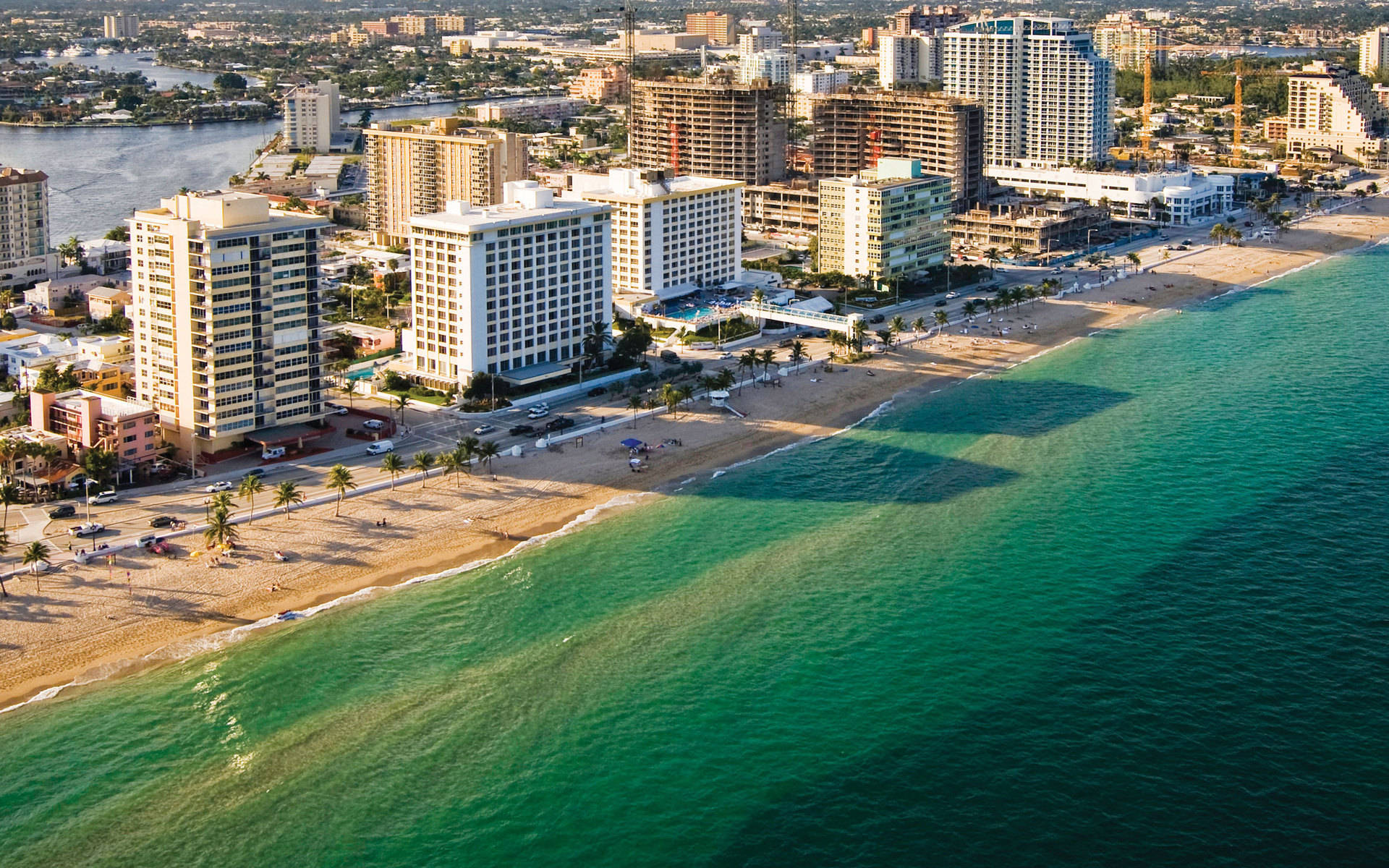
We must also consider the inherent dangers of rocky beaches, which lack the crucial safety net of any lifeguard supervision. These captivating shorelines, often adorned with slippery, algae-coated rocks, can be treacherous to navigate, and a single misstep on such uneven surfaces can lead to serious injuries. Inani Beach, for instance, is notorious for its abundance of sharp coral rocks.
"Submerged rocks pose another hidden danger to swimmers," adds our expert, "There's also the very real possibility of getting crushed between a boulder and a strong towering wave." Given these additional risks, swimming on a rocky beach is best avoided altogether.
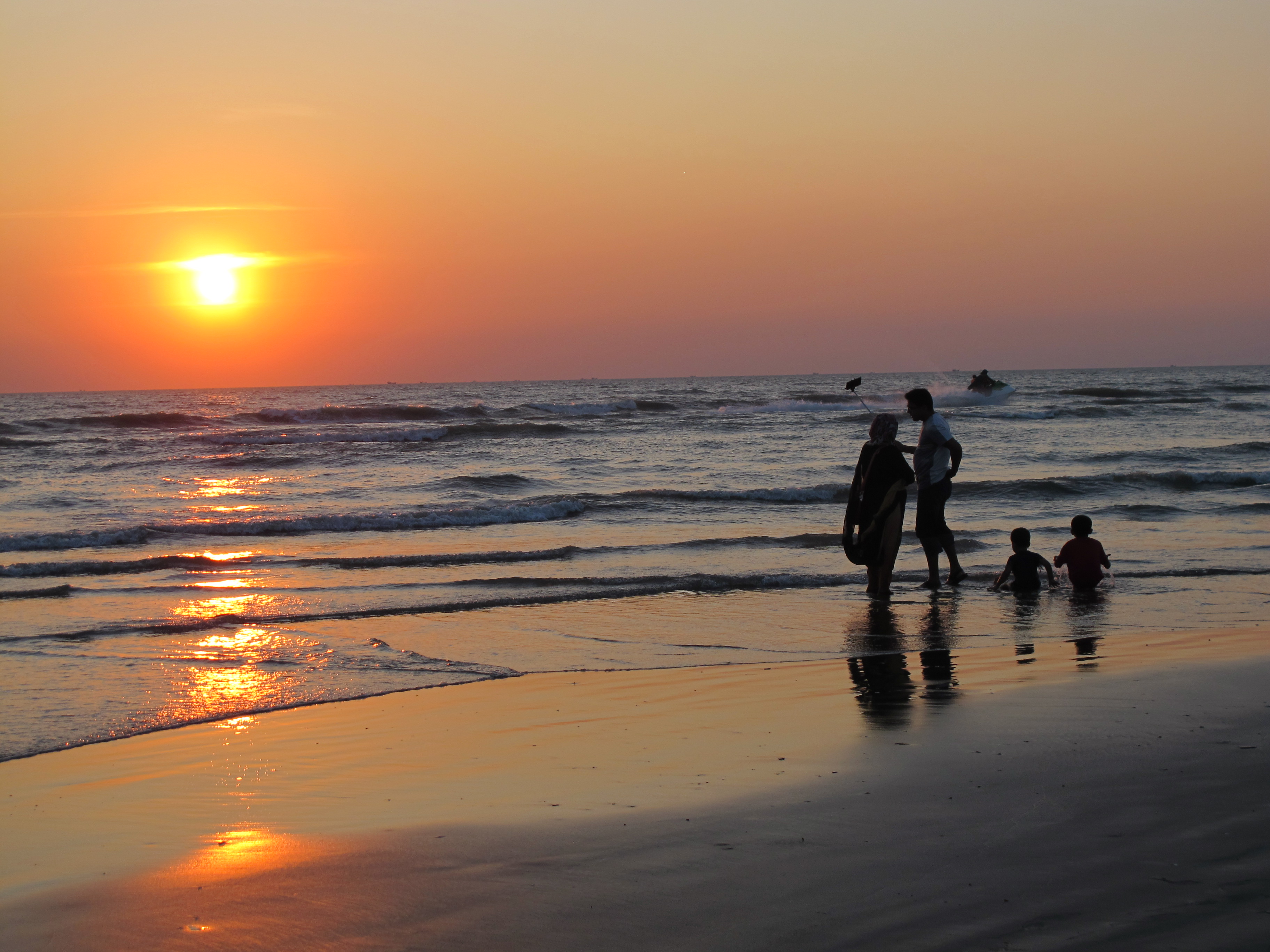
To conclude our safety briefing, Sifat Saidullah offers a vital piece of advice: "Getting into the water drunk or under the influence of any drug is a terrible idea." Alcohol and narcotics severely impair your judgement, leave you disoriented and with weakened muscles making swimming a treacherous task. The risk of hypothermia also rises sharply when under the influence.
And with these essential tips in mind, we conclude our discussion today. May your future trips to Cox's Bazar be filled with unforgettable memories and, most importantly, safety!
Shining BD

